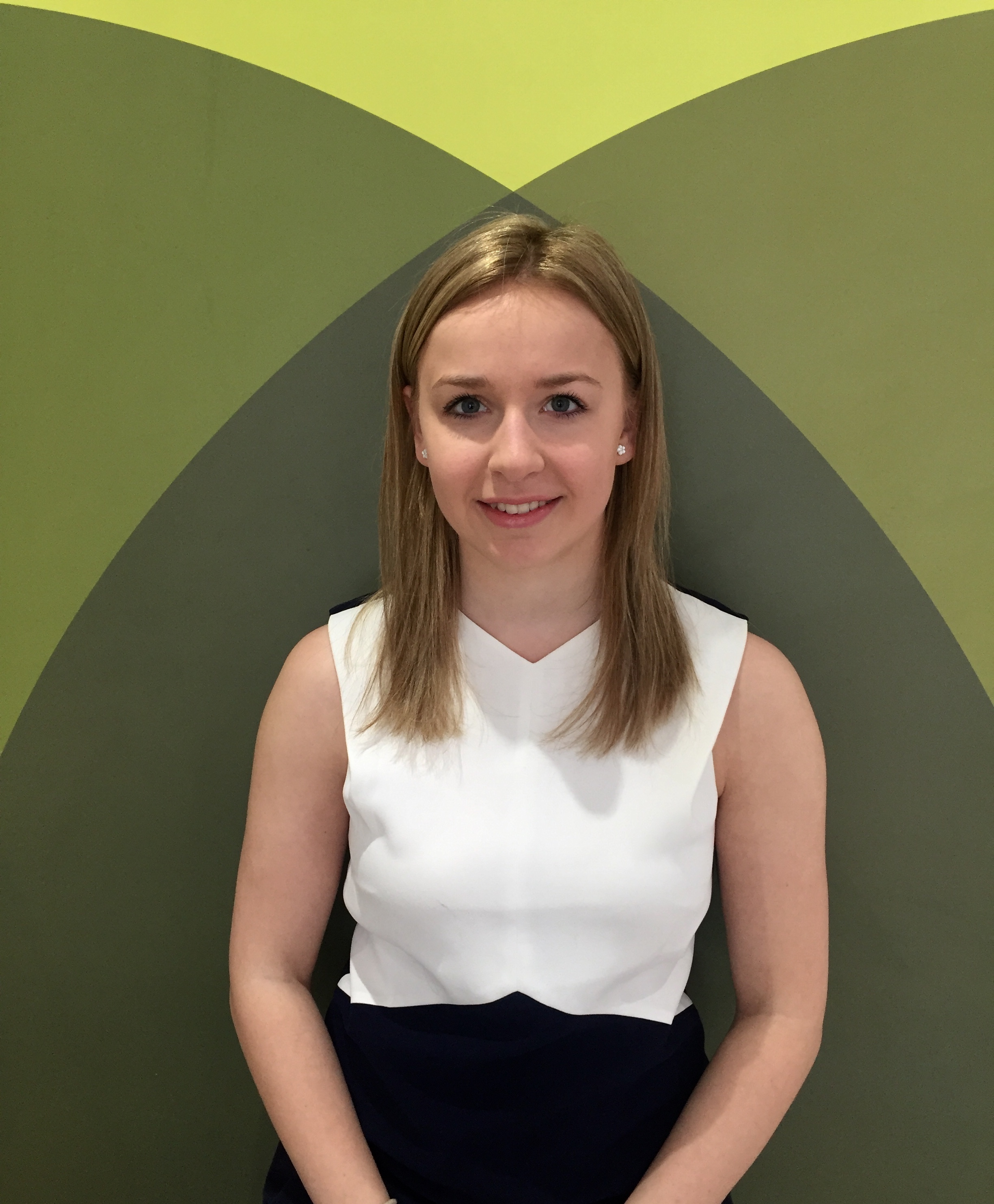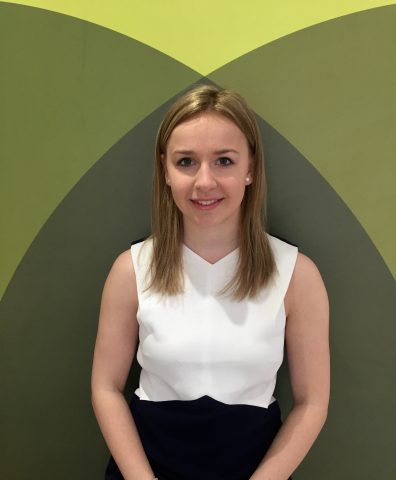Ophthalmologist, Optometrist and Optician. What is the difference?

 by Eleanor Swystun, optometrist at Valli Opticians in Almondbury and Lockwood, Huddersfield
by Eleanor Swystun, optometrist at Valli Opticians in Almondbury and Lockwood, Huddersfield
As an optometrist, I’m often asked what the difference is between an ophthalmologist, an optometrist and an optician. So, let me explain who is who when you visit your local optician for your eye test.
What is an Optometrist?
I often get referred to as an optician but technically this term is incorrect.
An optometrist is the professional that carries out the eye examination. The examination is split into three parts:
Prelims: this is where the optometrist gathers case history about you and performs tests before the actual eye examination. These often include:
- A vision check: to see how well you can see without optical aid
- Checking pupil responses: abnormal pupil reactions can indicate potential nerve diseases (like glaucoma) and retinal issues (like retinal detachment and severe macular degeneration)
- A motility test: there are six muscles in the eye that are involved in the movement of the eyes. The optometrist will ask you to follow a light with your eyes to see if all the muscles are working correctly
- A cover/uncover test: this is to determine whether your eyes are misaligned, which helps us to identify any squints/lazy eyes
Sight test: this is to determine whether you need spectacles. You may need glasses for seeing at different distances, near, far or both. Depending on your career or hobbies you might need a specific prescription for computer use or playing a musical instrument.
Assessing the health of the eye. Numerous tests and equipment will be used for this:
- Slit lamp examination: this allows the optometrist to assess the front of the eye including the cornea, tear film and lens (to check for cataract)
- Ophthalmoscopy: this is where the optometrist shines a bright light into your eye to look at the retina. The optometrist will be investigating the optic nerve (checking for glaucoma and other nerve diseases), macula (checking for macular degeneration) and peripheral retina
- Pressure test: commonly known as ‘the puff of air test’ this is a screening test for glaucoma and checks the pressure inside your eye
- Retinal imaging/3D OCT scan: at Valli Opticians we invest in the latest technology. We can perform scans with the OCT machine to check your eye health in a lot more detail. It scans all 10 layers of the retina: nine of which are impossible for us to see without the machine. This means we pick up diseases like glaucoma and macular degeneration a lot sooner
- Visual field test: the optometrist will advise you to have this test if you are at risk of glaucoma or if any of the above tests come back unusual
Optometrists can manage certain treatments that are identified or refer you to the GP or an ophthalmologist at hospital for further investigation if required.
An optometrist can fit and supply spectacles and contact lenses to those who need them.
At the end of your examination, if it has been identified that you need to wear glasses, you will be handed over to a dispensing optician who will help you to choose the perfect pair of spectacles for you.
Optometrists can also do the job of a dispensing optician and a contact lens optician e.g. fitting and dispensing glasses and contact lenses (as described below).
What is a Dispensing Optician?
A dispensing optician is somebody who is solely qualified in the fitting and supplying of spectacles for people of all ages . To do this they take into account your daily lifestyle to help you chose the most appropriate pair of spectacles.
They can also dispense low vision aids if you are sight impaired or severely sight impaired. These include magnifiers and telescopes.
What is a Contact Lens Optician?
A contact lens optician is usually a dispensing optician who has undergone further qualifications to carry out contact lens fittings and aftercare.
What is an Ophthalmologist?
An ophthalmologist is a qualified doctor who has specialised in the eye. It takes a minimum of 14 years to become a fully qualified ophthalmologist! They manage and treat all eye conditions and also perform surgery. You would find an ophthalmologist working in the hospital.
What is an Orthoptist?
Orthoptists investigate, diagnose and treat defects of binocular vision and abnormalities of eye movement. For example, they could deal with:
- Misalignment of the eyes (strabismus or squint)
- Double vision (diplopia)
- Reduced vision (amblyopia)